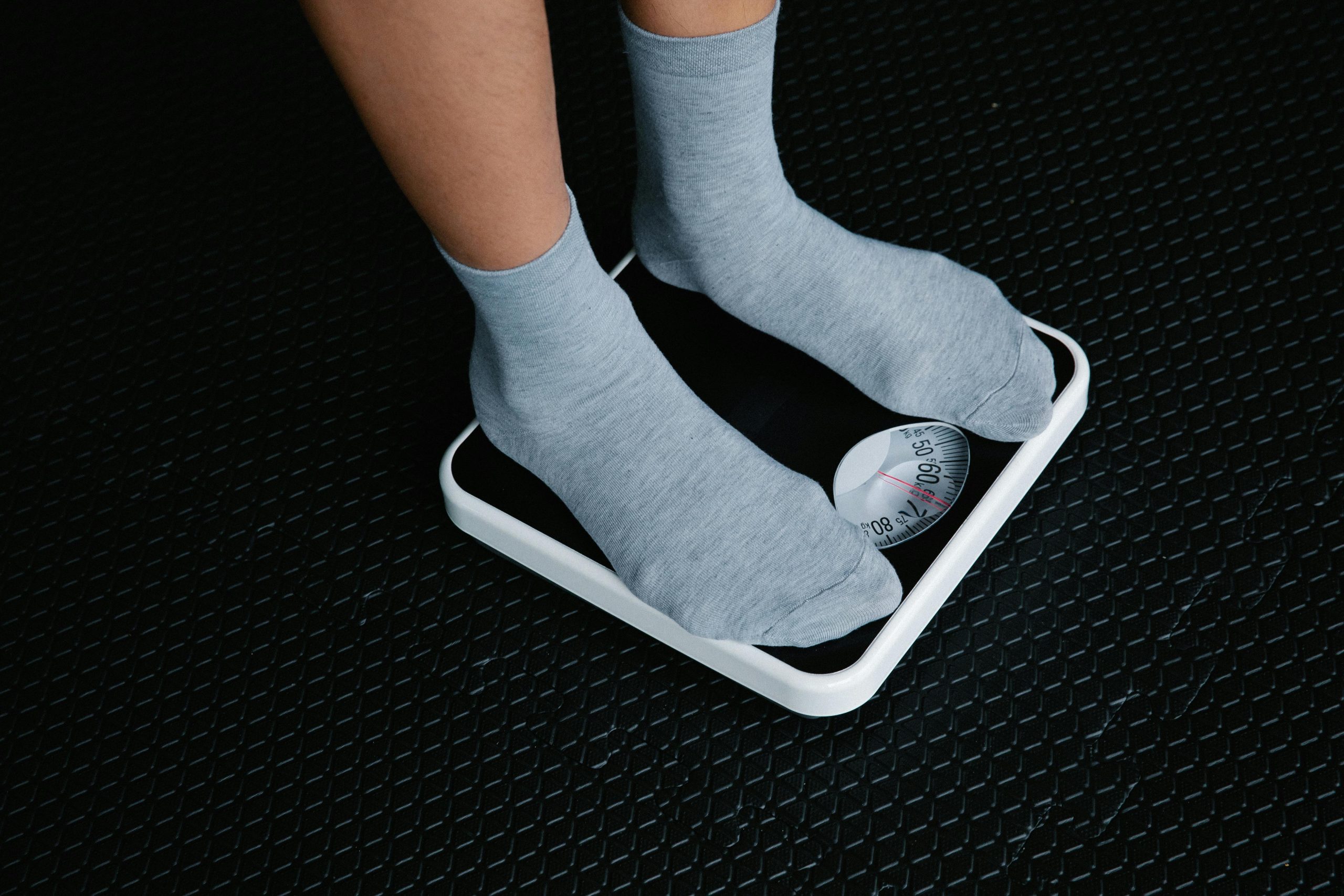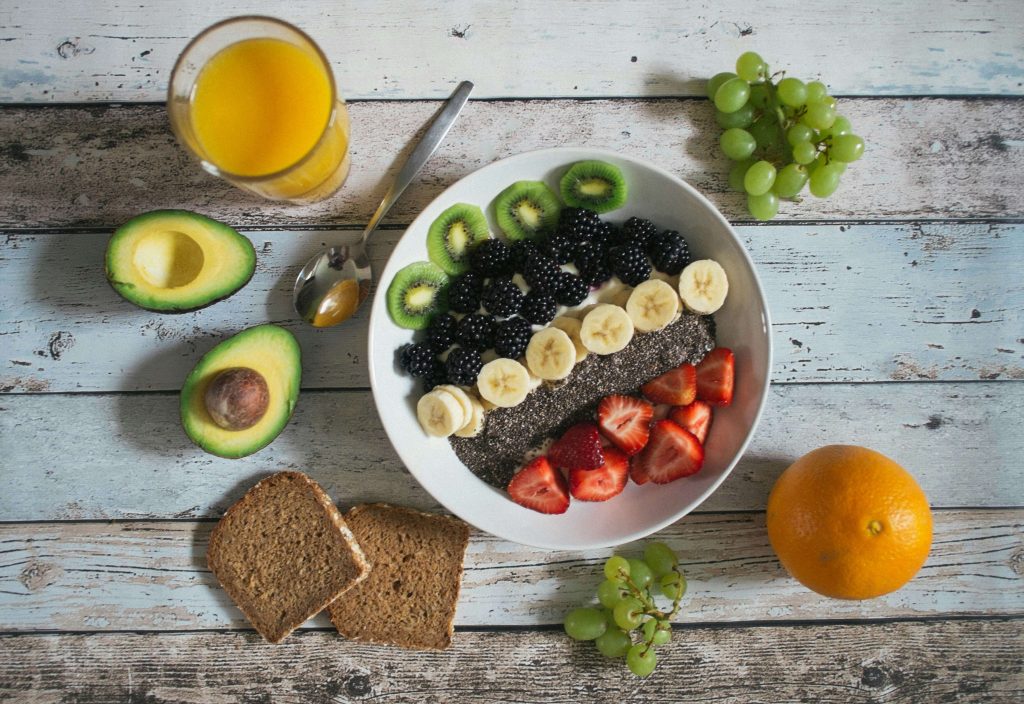Maintaining a healthy weight and lifestyle helps give you the best possible chance of a healthy pregnancy and successful fertility treatment.
Planning pregnancy
If you’re planning pregnancy, there are a few important lifestyle changes you should try to make, as detailed on the NHS website:
- Take a folic acid supplement (if you plan to carry the baby)
- Stop smoking (both partners)
- Cut out alcohol (both partners!)
- Keep to a healthy weight (both partners)
So much of fertility is outside of your control, and that’s really hard. But when it comes to your health, weight and lifestyle choices, there’s so much that is within your power. If you have a partner, or a friend who needs to make some changes too, work together and you have your own little support team.
The good news is there’s loads of great quality, free, information, resources and support available.
Folic acid
If you’re planning to carry the baby, you should take a 400 microgram supplement of folic acid every day before you get pregnant, and every day afterwards, up until you’re 12 weeks pregnant. No need to buy anything fancy – a standard supplement from your local supermarket or chemist is fine.
Folic acid reduces the risk of your baby having a neural tube defect, such as spina bifida. A neural tube defect is when the foetus’s spinal cord (part of the body’s nervous system) does not form normally. So it’s really important to take the supplement, and a fantastic thing that you can do to protect your child’s future health.
You may need to take a higher dose 5 milligram supplement of folic acid from your GP if:
- you or the other biological parent have a neural tube defect
- you previously had a pregnancy affected by a neural tube defect
- you or the other biological parent have a family history of neural tube defects
- you have diabetes
Your doctor may also recommend a a 5mg supplement if you take certain medicines, such as anti-epilepsy medicine or anti-retroviral medicine for HIV.

Weight management
Weight management is the biggest barrier to fertility treatment that we see for our patients.
For both men and women, being overweight, obese or underweight, can impact fertility, reducing your chance of a natural pregnancy, decreasing your chance of success with fertility treatment and contributing to complications during pregnancy, birth and the long term health of your child. Whats more, to access NHS-funded fertility treatment, your BMI should be in the healthy range of 19 to 30.
Use Tommy’s BMI calculator to work out your BMI – you need to know your weight in kilograms or stones and pounds and your height in centimetres or feet and inches.



Tips for losing weight
- Eat a healthy, balanced, calorie-controlled diet
- Be physically active, doing activities such as fast walking, jogging, or swimming for 150 to 300 minutes a week (for example 30 minutes a day/ 2.5 to 5 hours a week)
- Eat slowly and be aware during times where you could be tempted to overeat, such as eating out or all-you-can-eat buffets
- Avoid sitting for long periods of time – this is bad for you before, during and after pregnancy
- Try the NHS Couch to 5k or the Active 10 app, which has helped thousands of people with a high BMI to become active.
- When you are shopping use the NHS food scanner app, which shows quickly and easily how much sugar, sat fat and salt is inside your food and drink.
- Set yourself realistic goals such as, ‘I will bring my BMI down by 2 points’. This will give you something to work towards.
- Think of something that you can do when you have a food craving – such as drinking a glass of water – you may actually be thirsty and this gives you a feeling of fullness too, which may help.
Where to go for help
If you’re worried about your health, weight and fertility, your GP is a great first point-of-call. They can look at your overall health and any medical conditions that could be impacting you, and signpost you to any locals resources and support services that are available.
There are also loads of other fantastic, free, national and local resources available that you can access yourself for weight loss, smoking cessation, alcohol support, and much more. You don’t need a referral.
Local resources
For Nottingham City Council residents, visit the Thriving Nottingham website to access free 1:1 health coaching, weight management support and exercise support.
For Nottinghamshire County Council residents, visit Your Health Nottinghamshire for a 12 week weight management and physical activity support programme, to help kick start your weight loss journey.
For Derbyshire County Council residents, visit Live Life Better Derbyshire, to access your 12 week healthier weight programme.
National resources
NHS Digital Weight Management Programme: A 12 week online course for adults living with obesity who also have a diagnosis of diabetes, hypertension or both, to manage their weight and improve their health.
NHS Weight Loss Plan App: A 12 week plan to help you start healthier eating habits, be more active, and start losing weight.
NHS Quit Smoking App: designed to provide you with personalised support to help you quit smoking for good.
NHS Food Scanner App: Using your smartphone to scan the barcodes on your favourite foods, you can find healthier swaps for next time you shop.
NHS Active 10 App, NHS Couch to 5k App, online at home workouts and more: Get started with fitness with a whole variety of free NHS resources, suitable for beginners.
Good quality information
Sometimes it’s difficult to find good quality, reliable information that is sensitive to your needs. As well as the NHS and local authority resources above, we find that Tommy’s is an excellent source of evidence-based information for preconception and pregnancy.
Check out the Tommy’s website for more information about healthy preconception diet, supplements, over and under weight, exercise, mental health, physical health conditions, drugs and alcohol, and more.

It takes two…
Both egg and sperm quality – male and female fertility – is affected by overall health and wellbeing. Both men and women can boost their fertility by making changes to their lifestyle. Read our blog about what men can do to increase sperm count and quality, and more pointers for women on boosting female fertility.
